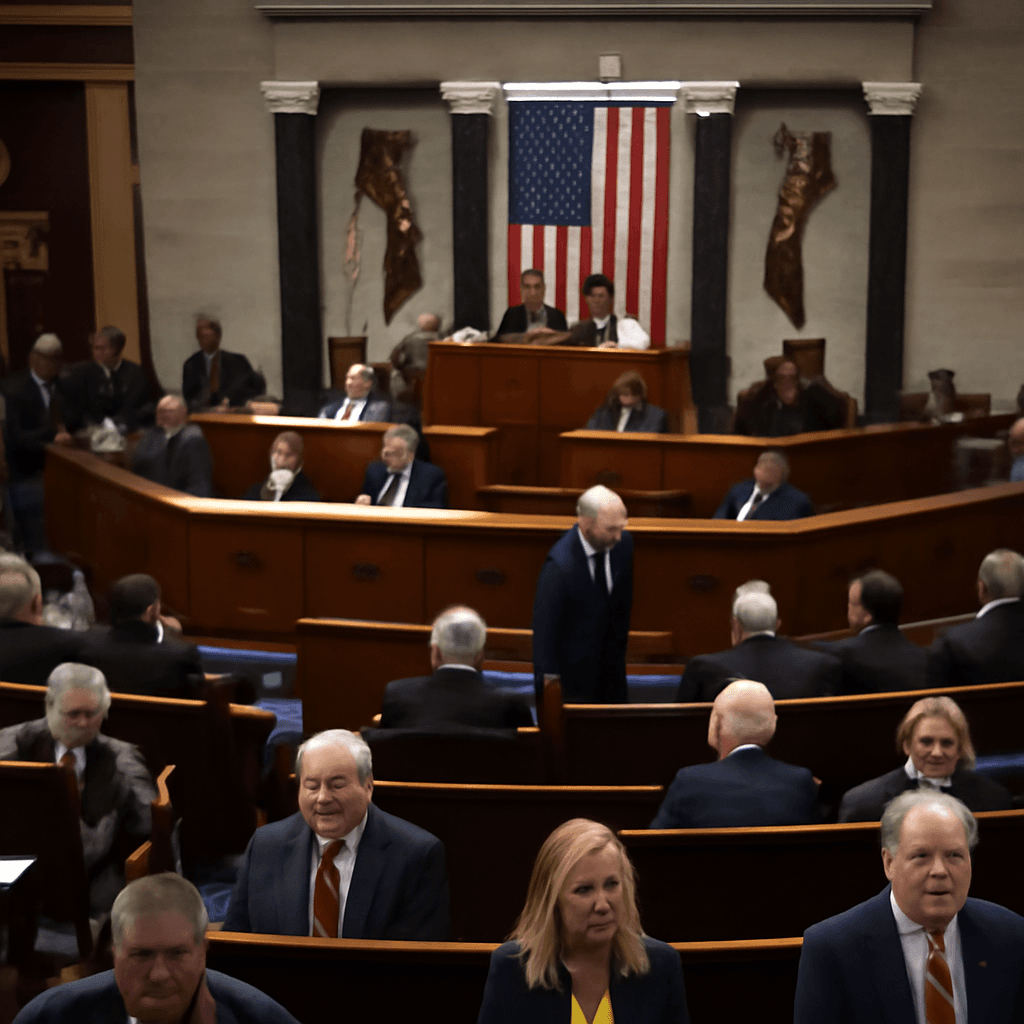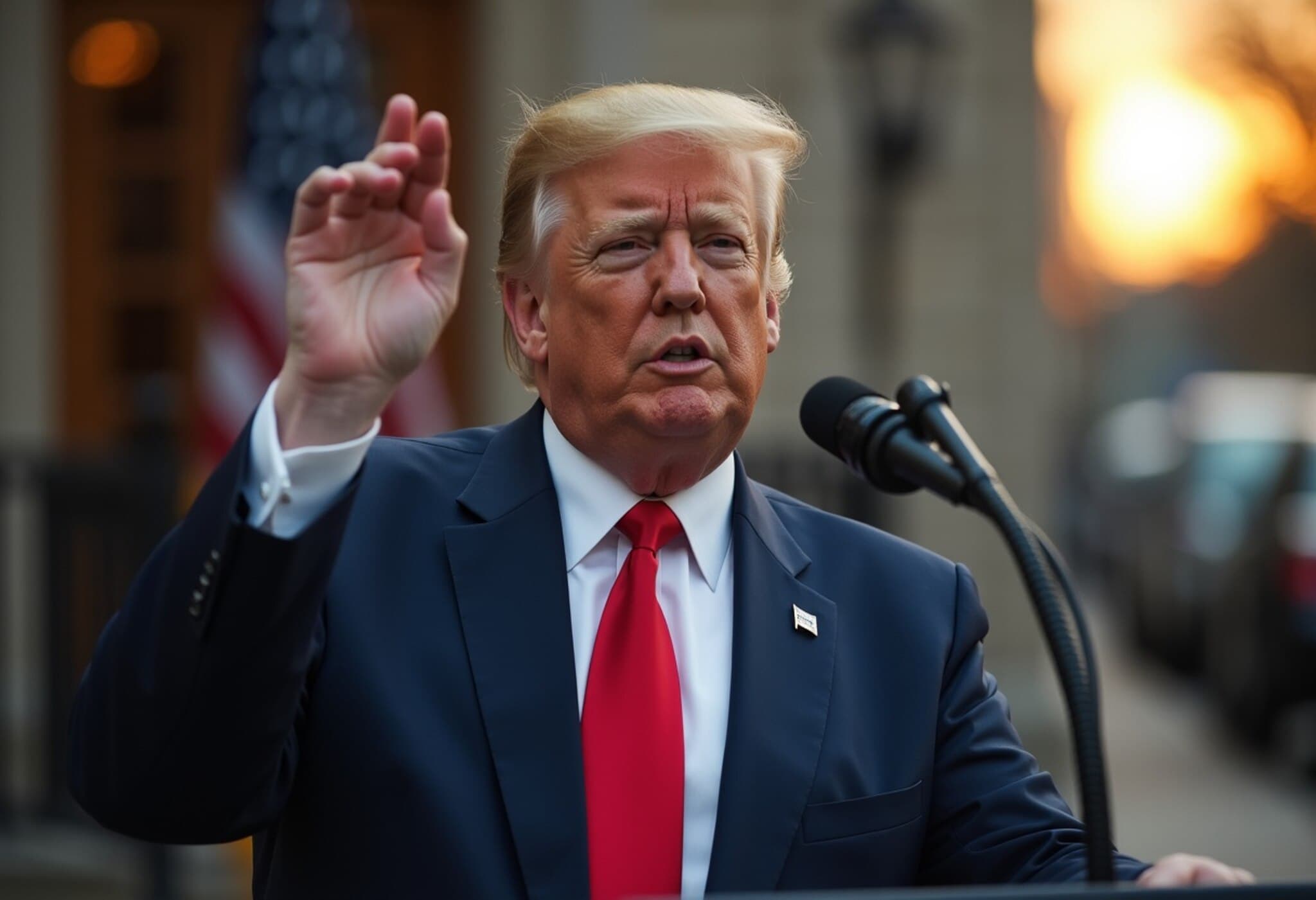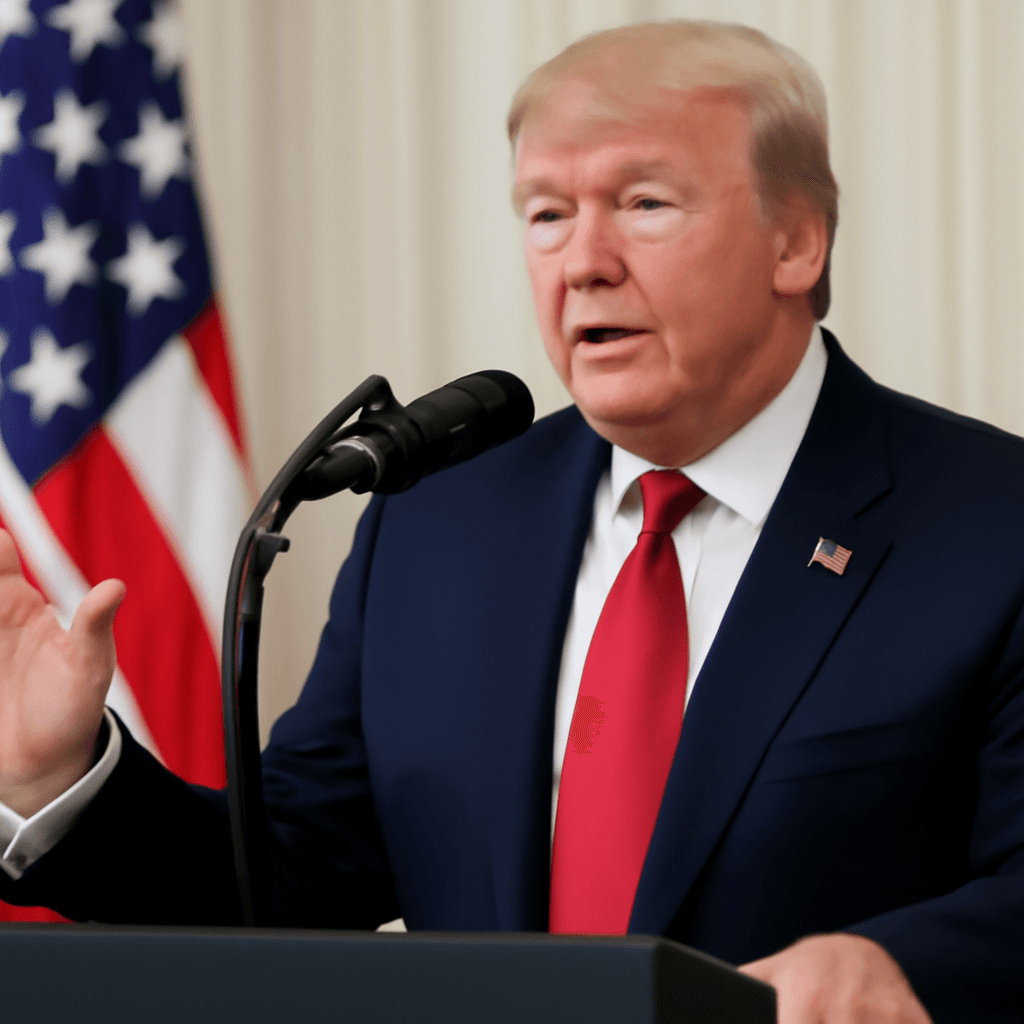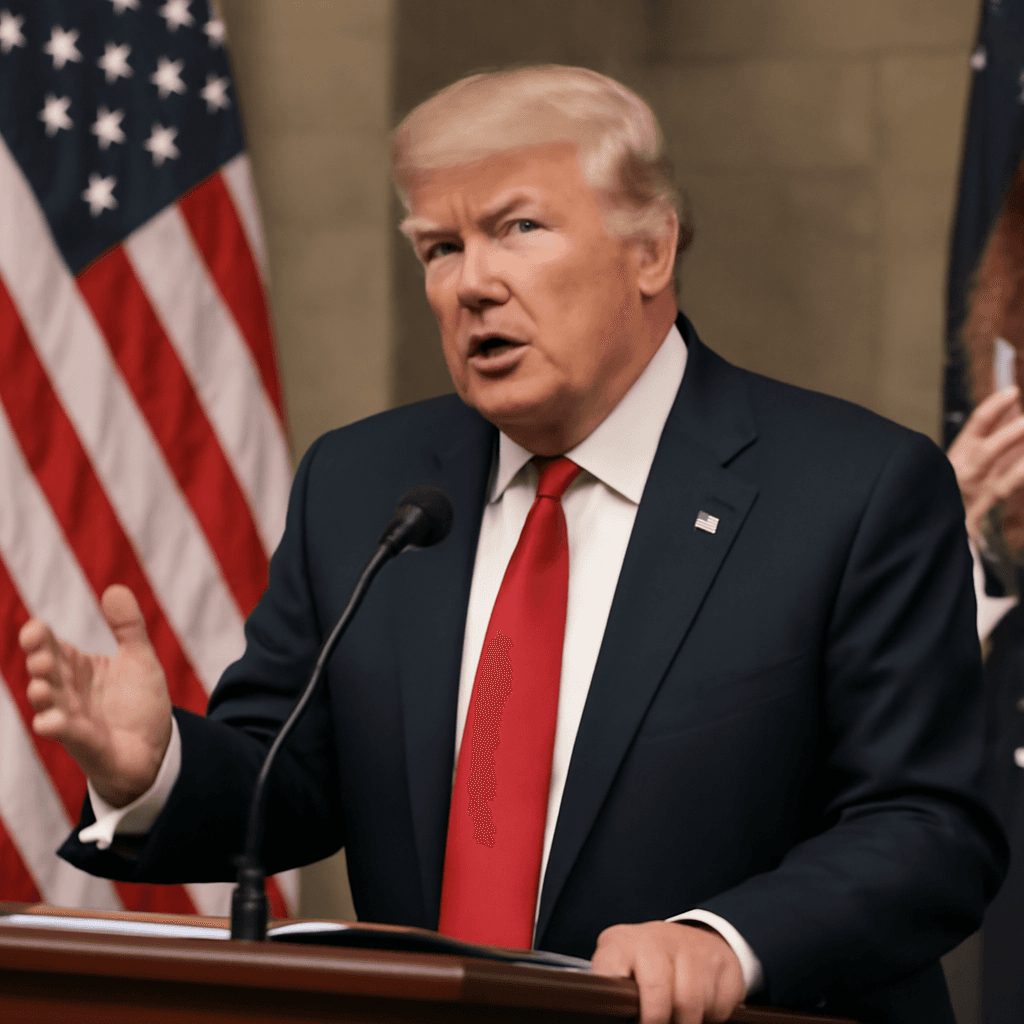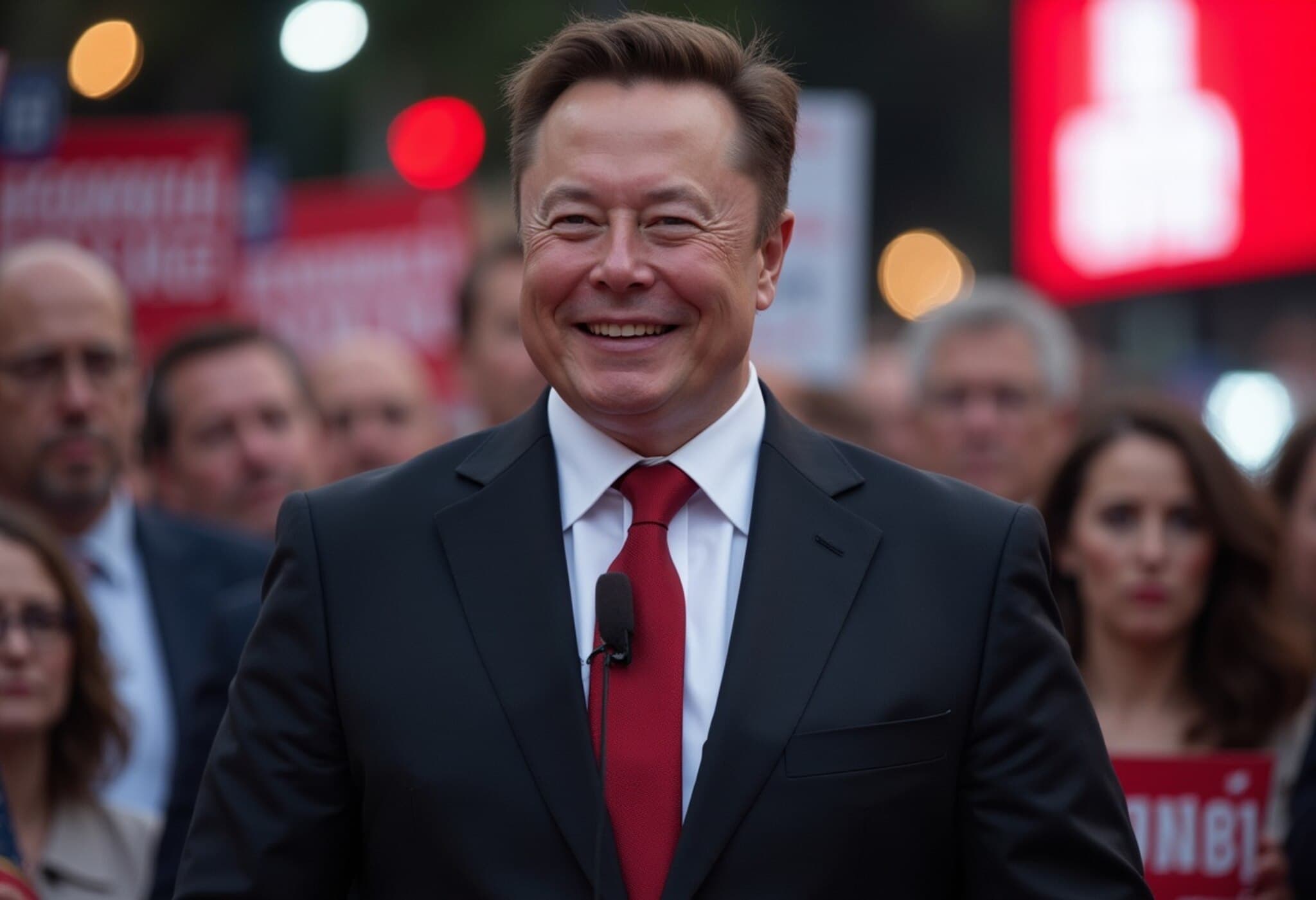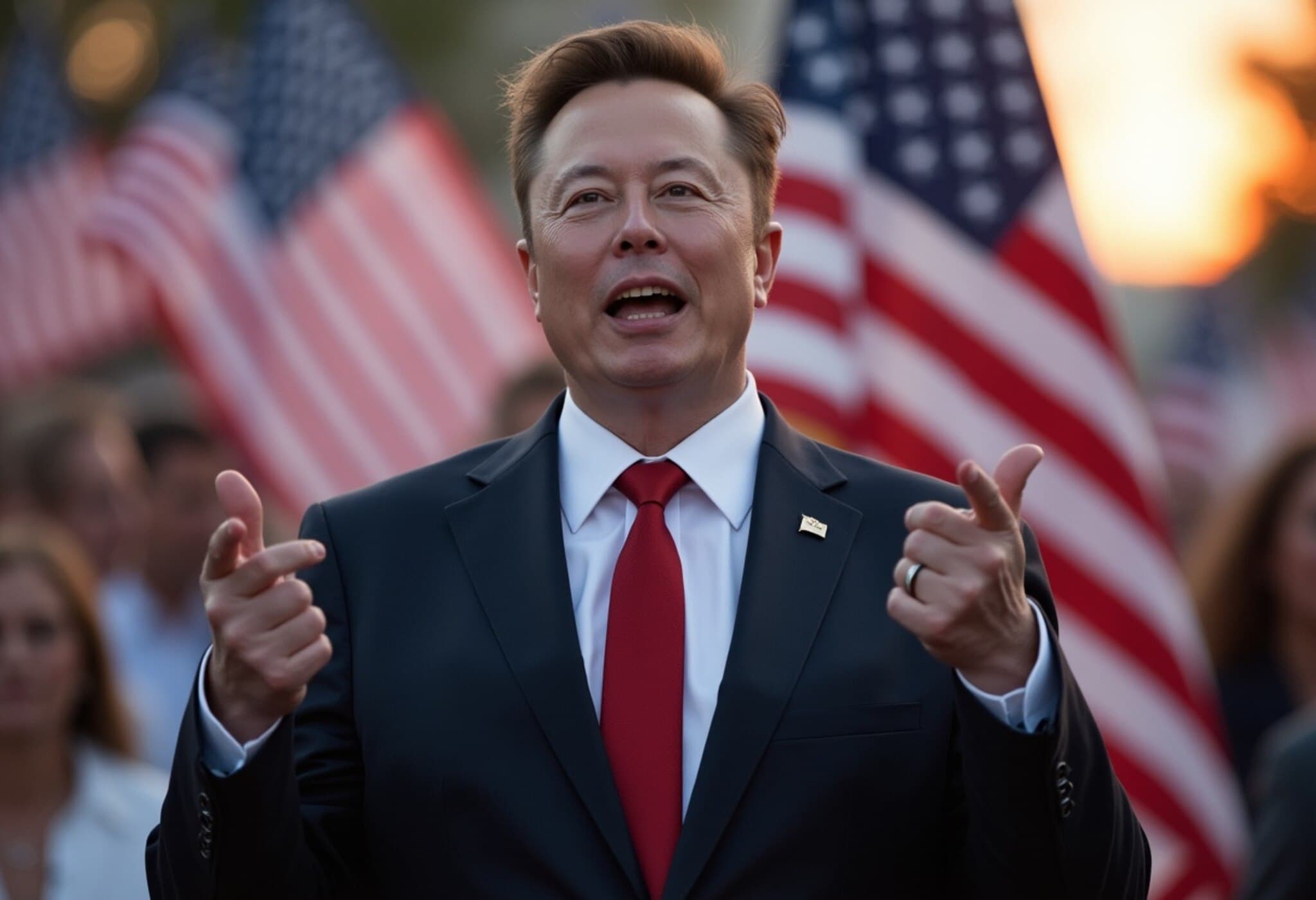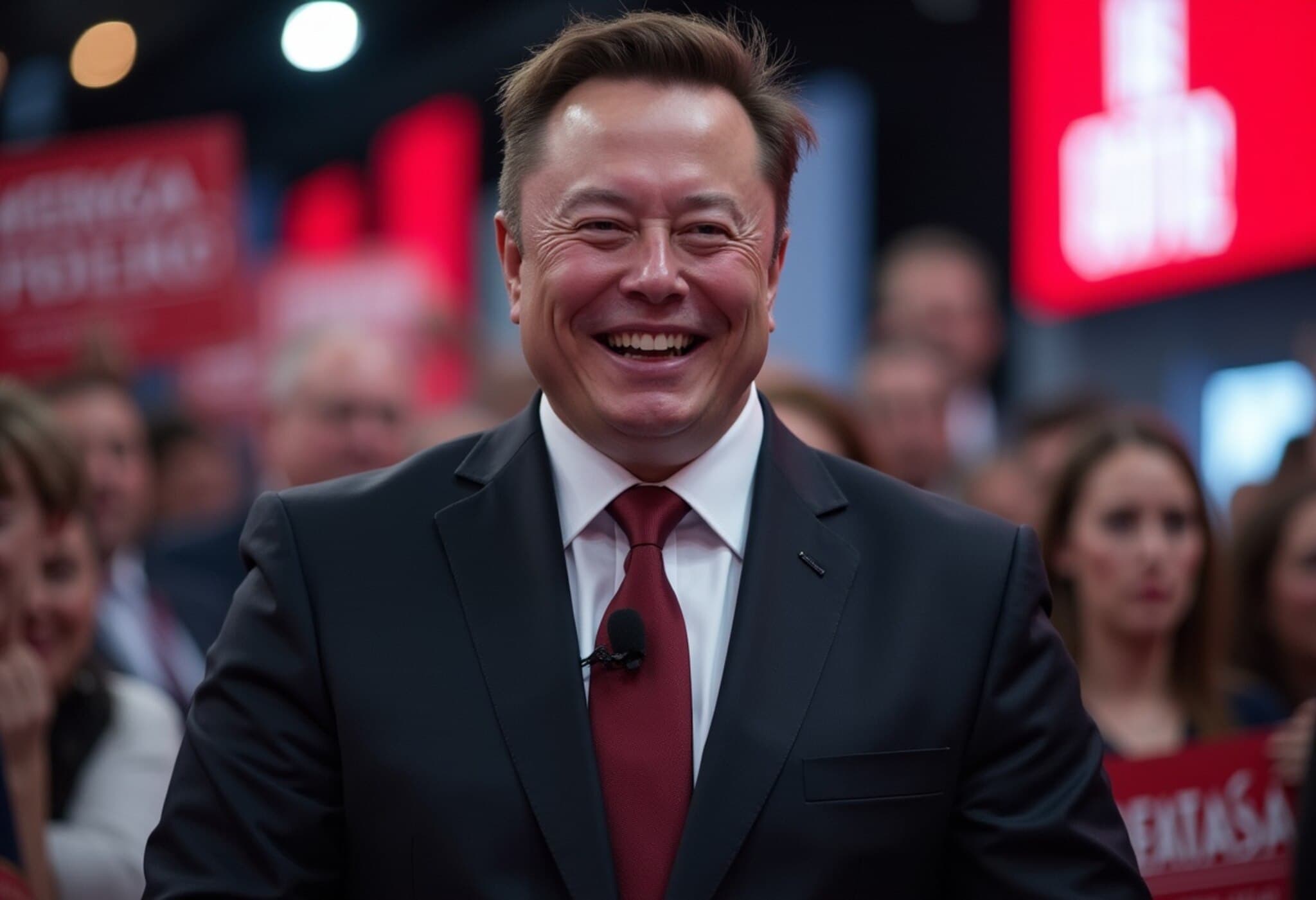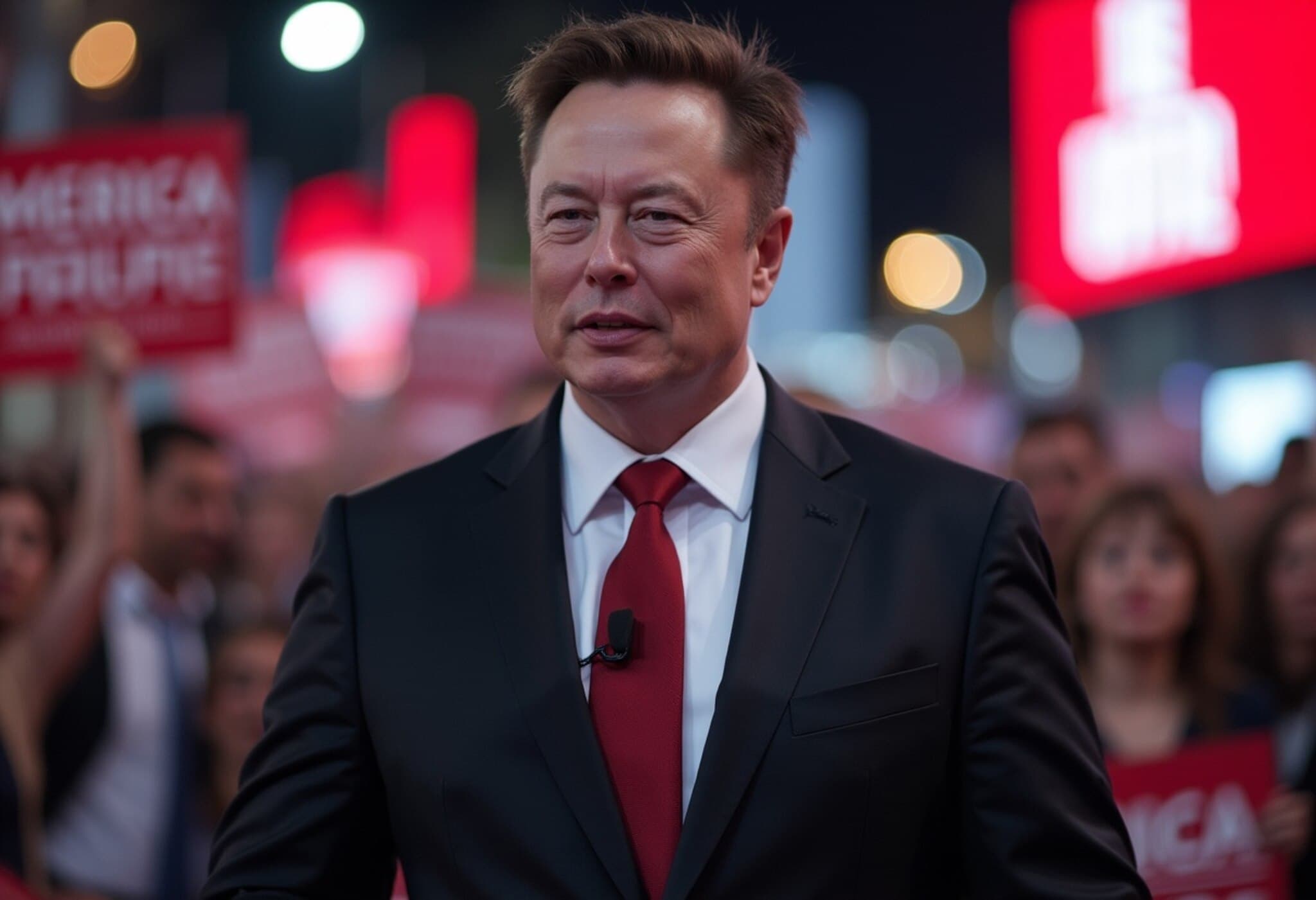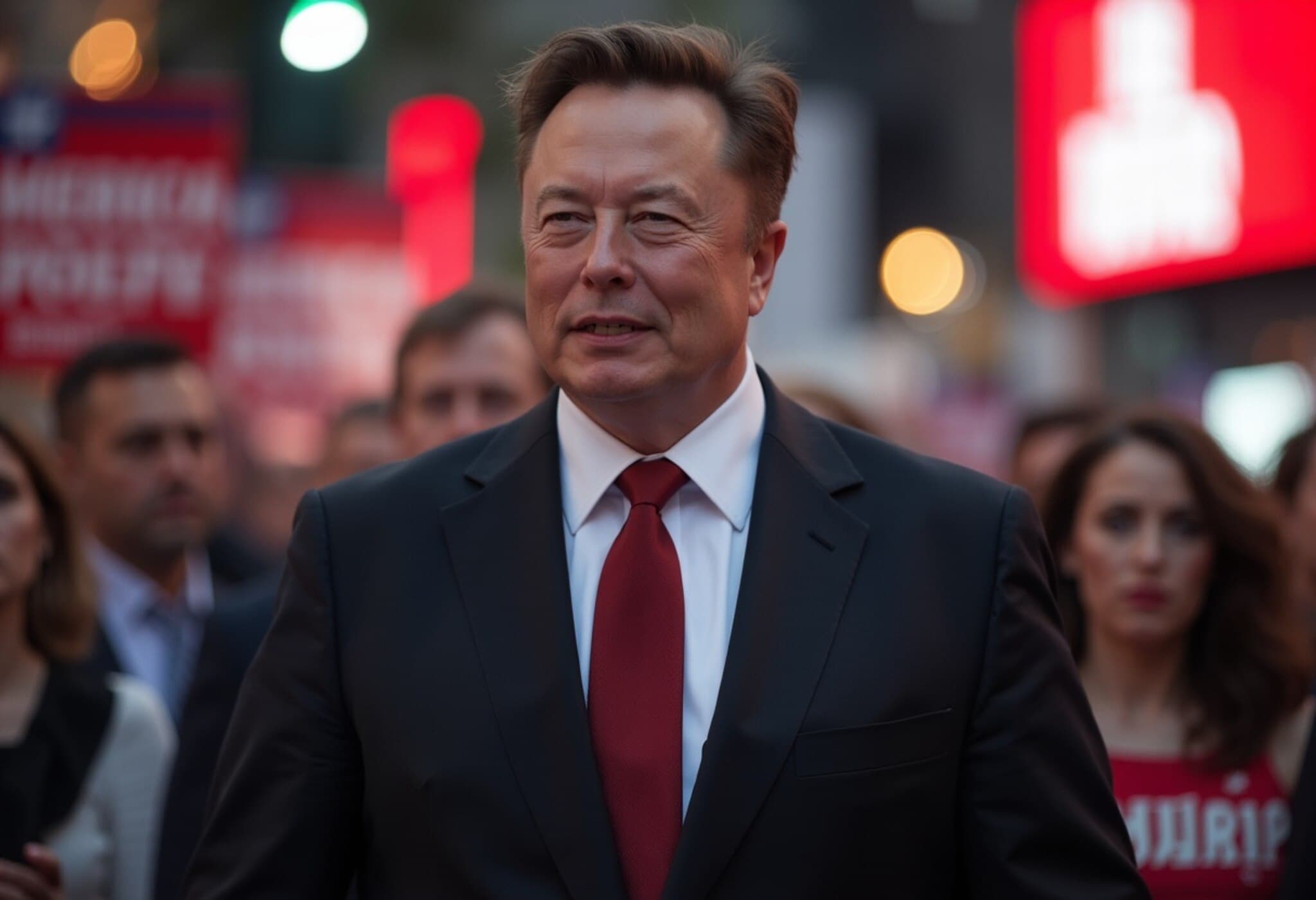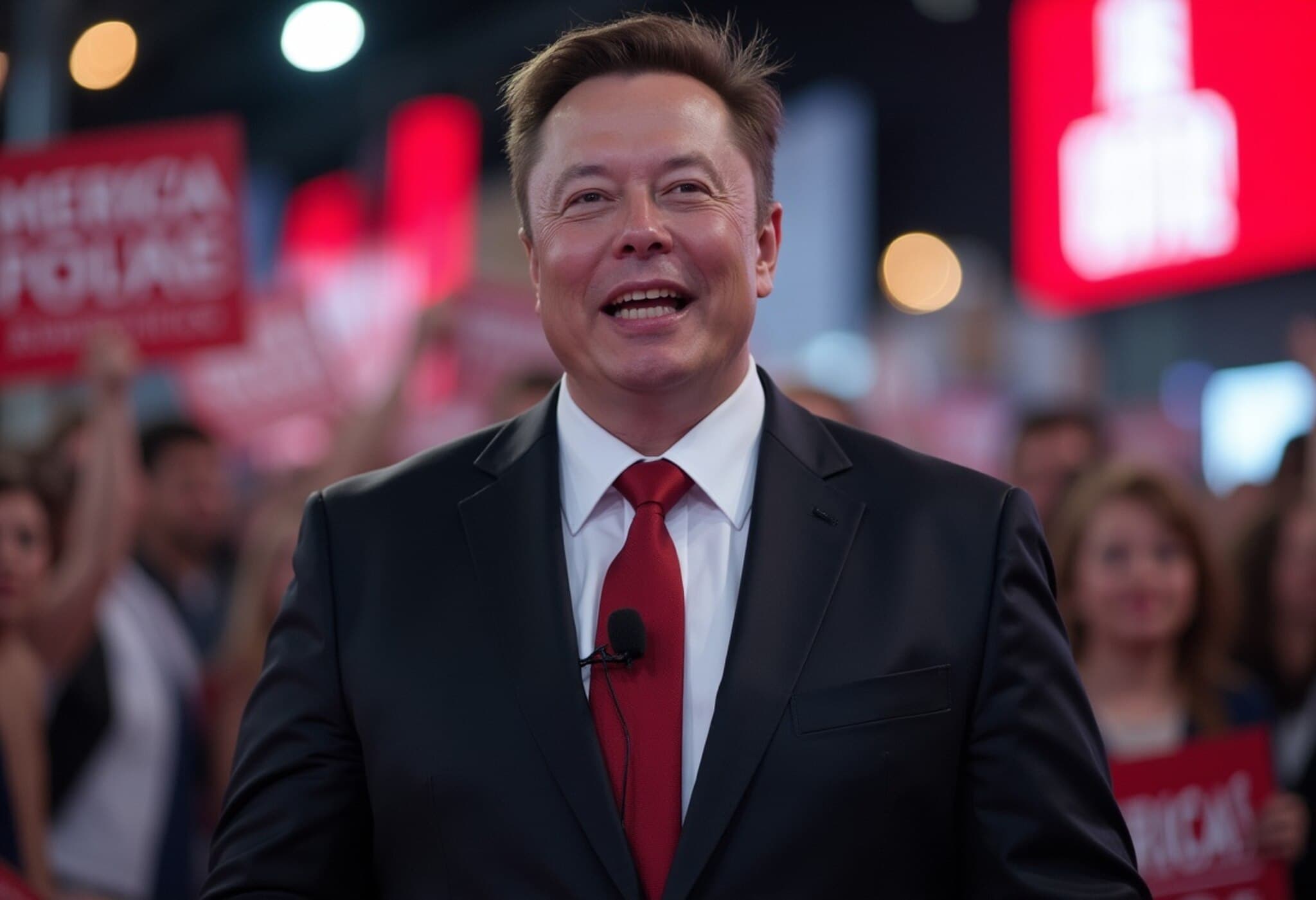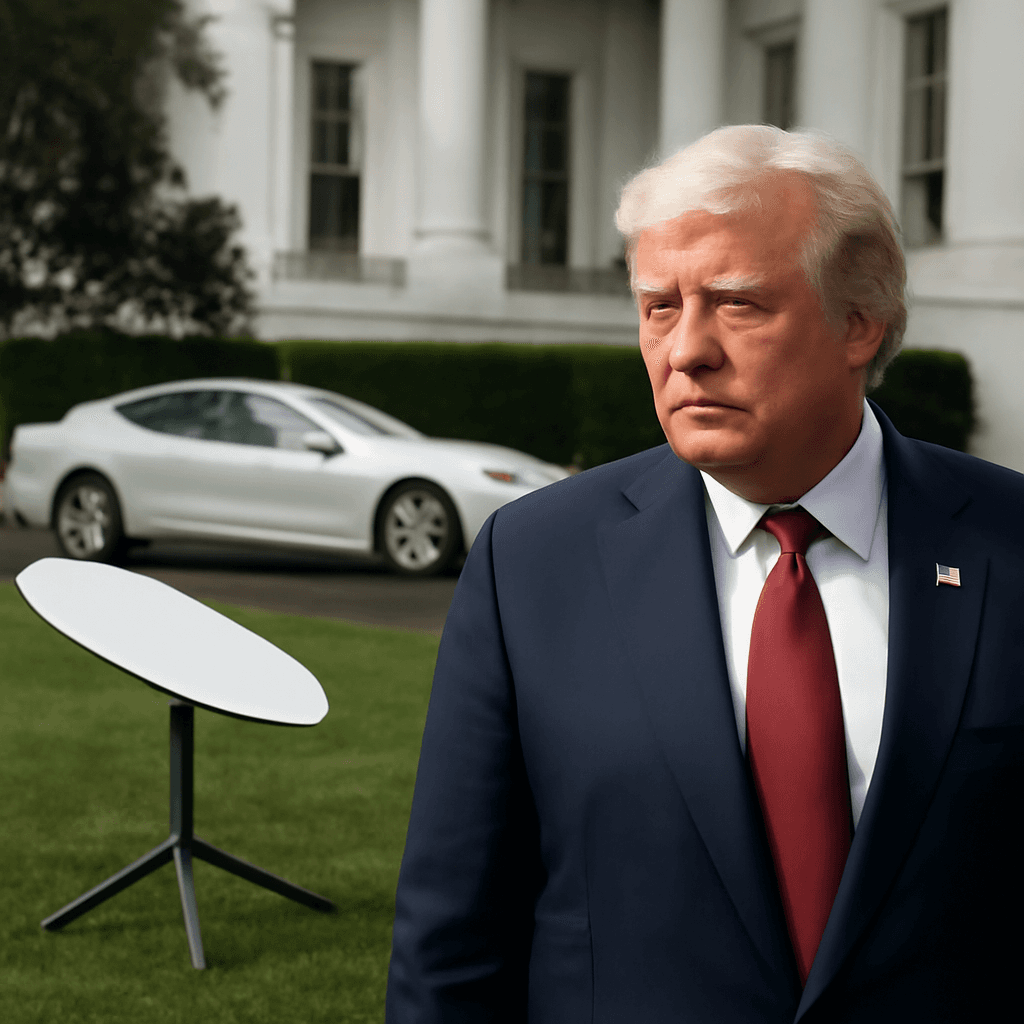Congress Approves $9.4 Billion in Spending Cuts Aligned With Musk's Efficiency Drive
In a tightly contested move, the US House of Representatives, led by the Republican majority, endorsed a White House-backed proposal to retract $9.4 billion in federal funding. This shift marks a significant milestone in the push to implement cost-saving measures initiated by the Department of Government Efficiency (DOGE), a task force formerly headed by Elon Musk.
A Precarious Vote Signals Controversy Over Targeted Cuts
The rescissions package barely passed with a narrow 214-212 vote, underscoring the divisive nature of the legislation. The funds targeted for reduction primarily impact public broadcasting services and foreign aid programs, two areas that have drawn criticism from various political quarters.
House Speaker Mike Johnson praised the outcome, stating, "Under President Trump's leadership, taxpayer dollars are being redirected to priorities that genuinely serve the American public, instead of being squandered." Despite this assurance, the rescission effort has stirred resistance, particularly from voices concerned about reducing support for vital public services and humanitarian aid.
Background: Musk's Role and the Department of Government Efficiency
Elon Musk, the billionaire entrepreneur known for SpaceX, was appointed by the Trump administration to spearhead DOGE. Following a substantial $290 million contribution supporting the 2024 Republican campaign, Musk aimed to enact sweeping federal spending reforms. He initially promised to trim as much as $2 trillion from government expenditures. However, his departure earlier this month came amid disputes over deficit management and fiscal priorities.
Despite lofty claims, the department has documented savings totaling approximately $180 billion, a figure that has faced scrutiny and skepticism based on past accounting inconsistencies.
Details of The Rescissions Package: What Funding Is Being Cut?
- $8.3 billion cut from foreign aid, notably affecting USAID's humanitarian efforts.
- $400 million removed from health initiatives, including reductions to the globally impactful PEPFAR AIDS program.
- $1.1 billion lopped from the Corporation for Public Broadcasting, which finances NPR, PBS, and over 1,500 local media outlets.
Conservative critics often accuse public broadcasters of political bias, which has fueled longstanding efforts to curtail their funding. President Trump further underscored this stance by issuing an executive order in May to end federal subsidies for NPR and PBS.
Trump's commentary during the vote framed NPR and PBS as “a Radical Left Disaster,” claiming they oppose Republican values.
Opposition Voices and Next Steps
Despite Republican maneuvers, bipartisan leaders within the congressional public broadcasting caucus warned that defunding public media would minimally impact the federal deficit but would dismantle a valuable source of information for millions across the country.
The package now advances to the Senate, where the Republican majority needs a simple majority of 51 votes to pass, a lower threshold than the usual 60-vote supermajority typically required for such measures.

